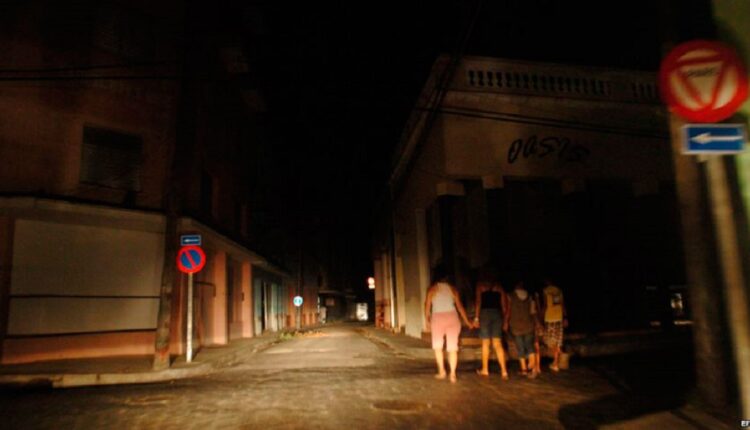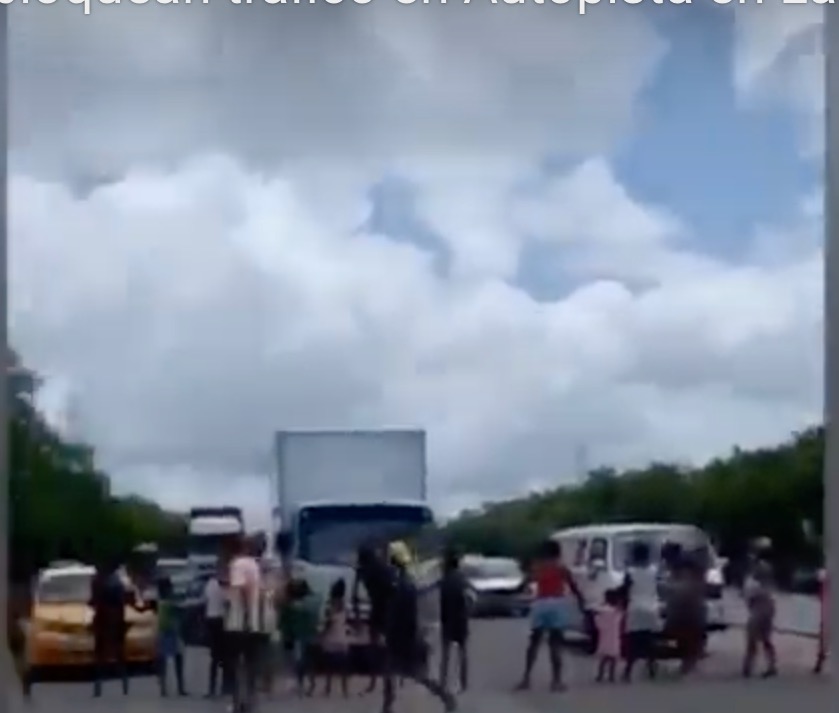
Cuban energy crisis forces new measures
HAVANA – The Ministry of Labor and Social Security on Tuesday (August 2) announced a group of decisions to lower electricity consumption by reducing the presence of laborers in work centers. The measure, obviously, is a consequence of the energy crisis that the country is experiencing.
The measures include teleworking, remote work, modification of working hours (presumably in line with the programming of blackouts), salary adjustments, relocation of staff to other centers and the interruption of the work commitment in cases that are determined. On this specific point, the provision specifies that it should be taken “as a last option when none of the above alternatives can be applied.” It adds that those who cannot be relocated “have the right to a salary guarantee equivalent to one hundred percent of their basic daily salary for a period of one month, computed consecutively or not, within the year.”
The implementation of these measures is under the direction of those in charge of each work center. Also, the ministerial order specifies that “the approval of reduced working hours with full salary payment is not under the power of the Heads of the Organisms of the Central State Administration (OACE), nor of the Superior Organizations of Business Management (OSDE), for which in the event that it is determined to work in working hours shorter than those established, the salary will be paid in correspondence of the actual time worked and not the 100 percent stipulated, hence the need to focus on the application of the previously announced measures.

The energy crisis, which has nothing to do with the structural crisis that the Cuban economy is experiencing, alters the family, work, productive world and has been the cause of the protests that have been taking place in the country with greater or lesser magnitude, such as the one that occurred recently in the city of Santiago de Cuba. At the time of this writing, residents near the highway that connects Havana with the José Martí International Airport were protesting and interrupting the traffic flow to the airport.
From an economic point of view, it is hard to imagine an economy going forward with hours-long blackouts. And the solution to the crisis in the electrical system is not a short-term solution.


